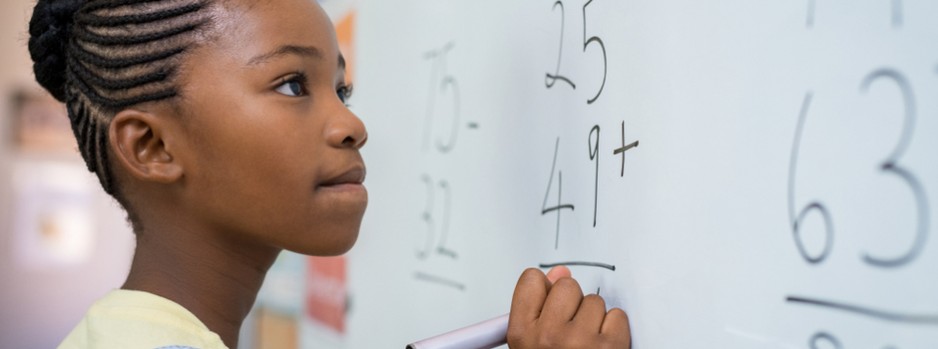 UNESCO is committed on a daily basis to facilitate access to mathematics education and research in developing countries through its educational programmes, but also through its regional centres dedicated to mathematics in Hanoi (Viet Nam) and Accra(Ghana), its chairs in Benin, Nigeria and Palestine, and the programmes of the International Centre for Pure and Applied Mathematics(link is(Nice, France) in Asia, Africa and the Americas.
UNESCO is committed on a daily basis to facilitate access to mathematics education and research in developing countries through its educational programmes, but also through its regional centres dedicated to mathematics in Hanoi (Viet Nam) and Accra(Ghana), its chairs in Benin, Nigeria and Palestine, and the programmes of the International Centre for Pure and Applied Mathematics(link is(Nice, France) in Asia, Africa and the Americas.
Mathematics for Action: Supporting Science-Based Decision Making
UNESCO is releasing its Mathematics for Action toolkit on 14 March 2022 to mark International Mathematics Day.
Written by mathematicians and thought leaders from across the globe, it presents riveting research on the many ways in which mathematics is addressing the world’s most pressing challenges.
Mathematics for Action also deciphers the role of mathematics in achieving the Sustainable Development Goals to 2030 that were adopted by the global community in 2015. For instance, the thirteenth Sustainable Development Goal concerns climate action. The latest report by the Intergovernmental Panel on Climate Change relies on a combination of climate models and storylines to produce scenarios of plausible alternative futures. It is these mathematical models which enable the exploration of multiple “what-if” scenarios to inform the decision-making process.
MESSAGE FROM THE DIRECTOR-GENERAL
« And because mathematics is everywhere and is critical to making informed and effective decisions, this year on this Day we are publishing Mathematics in Action– a guide to explain to decision-makers how they can use this treasure trove of human intelligence, especially to inform the future.
Modelling can indeed be particularly powerful – the fight against the coronavirus disease (COVID-19) has shown this – provided that it is used, that its pitfalls and potential are understood, and that entire fields of public action are not allowed to escape democratic discussion. As humanity faces immense challenges, it is crucial that the power of mathematics be both better understood and more balanced..»
— Audrey Azoulay, Director General, Message on the occasion of the International Day of Mathematics

